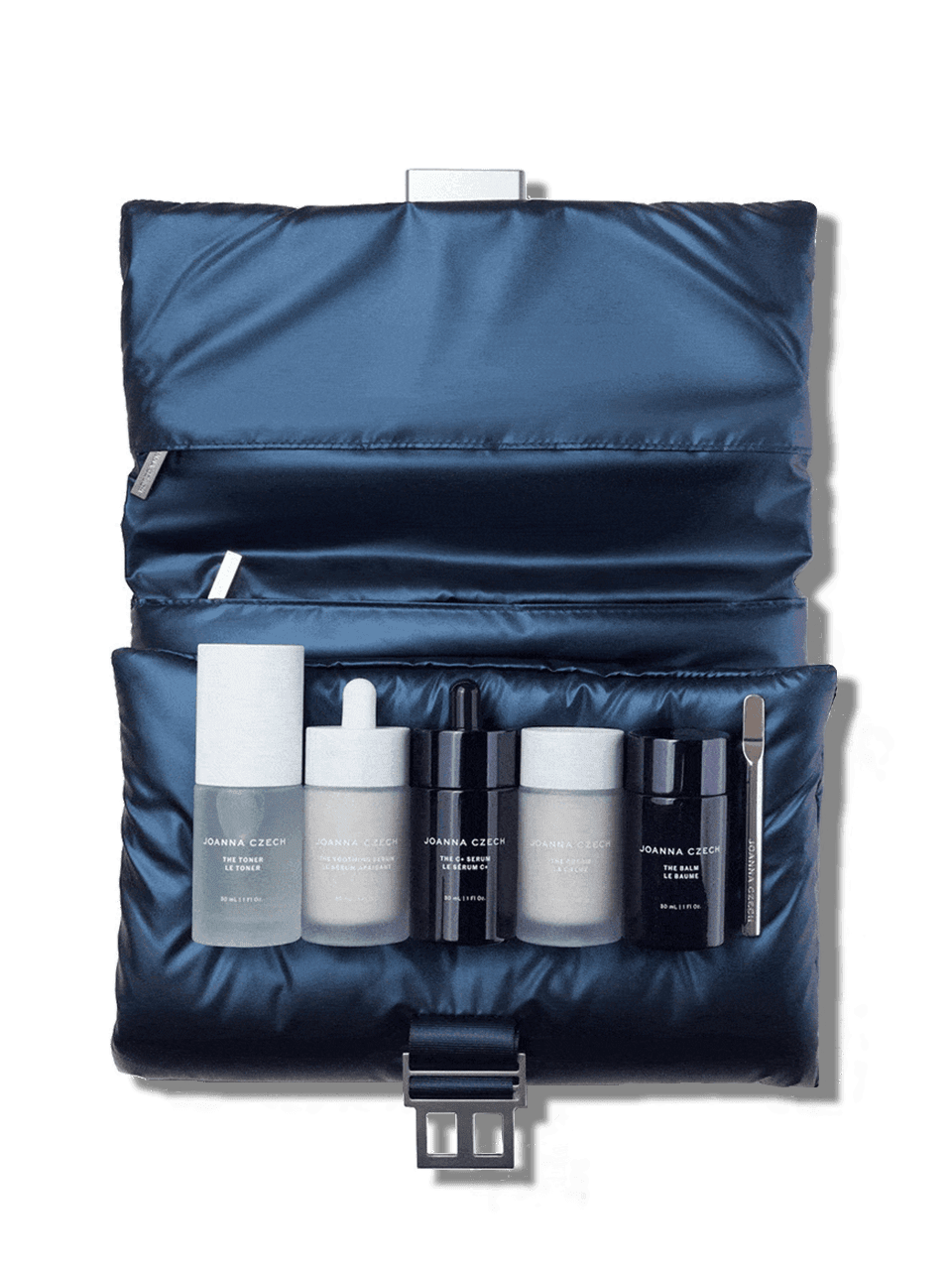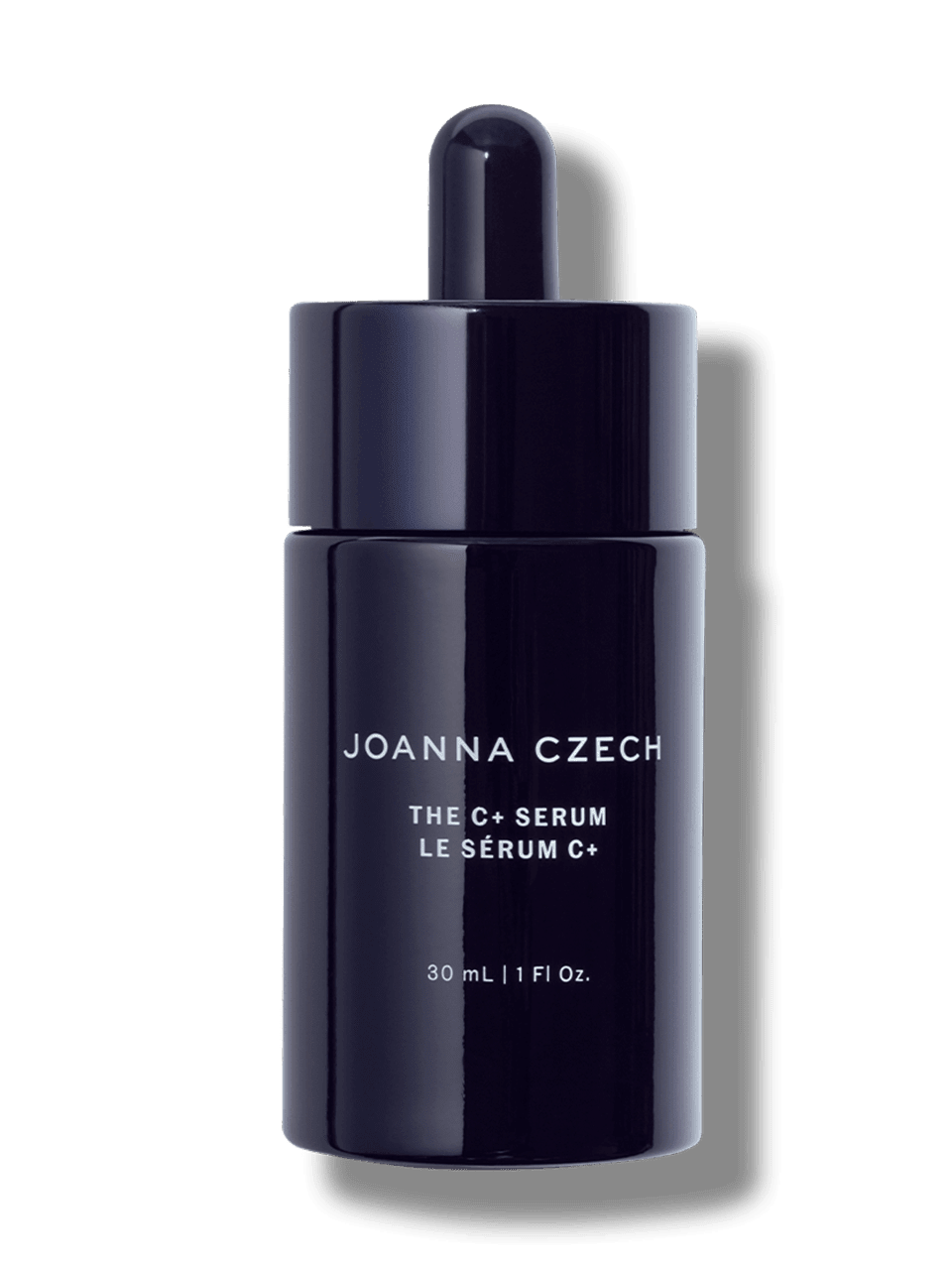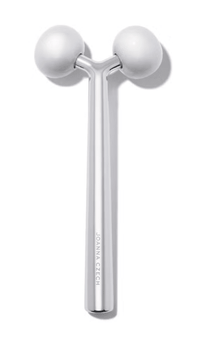Why I Stopped Washing My Face- And It Transformed My Skin

Water may be key to many people’s daily regimens, but for some it can create problems – including dehydration. NEWBY HANDS reveals why not washing her face has transformed her skin
This waterless approach barely registered – I was someone who felt my skin was never truly clean unless I used a balmy cleanser and hot cloth at night, then splashed plenty of water on my face to fully rinse off my face wash in the morning. Fast-forward a few weeks and Olivia Palermo is telling me about her professional-grade beauty routine. She sees two dermatologists, one of whom she talks to fortnightly so he can update her regimen as needed and advise on any amendments to make when traveling. “So, when I’m in France, say, where the water makes my skin drier, I make sure I carry all the right products with me,” she explains. But with so much focus now dedicated to supporting the protective skin barrier and microbiome, her comment reminds me that while we’re all more aware of what products we use, the water we use with them has not been flagged as an issue – and, for many, it’s not. However, if you’re someone with dry skin that is almost permanently dehydrated, like me, or have skin that’s prone to being flaky, reactive and sensitive, minimizing the water you use on it – and changing how you use it (more on that later) – could lead to a big improvement.
“When you use water on your face, it changes the natural pH of the skin,” explains aesthetician Joanna Czech. The pH scale ranges from 0 to 14, with 7 seen as ‘neutral’, yet our skin is naturally slightly acidic at around 5.5 – and the skin’s acid mantle is a key part of its naturally protective barrier, helping to maintain a healthy skin microbiome. Tap water is mildly alkaline at around pH 7.5, and although many skincare products today are carefully balanced to work with our complexion, the water we use with some of them isn’t. “Water can change the skin’s environment from acidic to close to alkaline, and that leads to dryness,” explains Czech. While the skin will naturally readjust, it can take up to one hour (or longer), causing some to experience reactive issues, as well as dehydration and dryness.
One way to counter these effects is to use a toner immediately after washing and drying the skin. “Not an essence, tonic, mist or peeling lotion, but a proper toner,” Czech advises. “People often think a toner is step two of their cleansing, but it’s not: its job is to rebalance the skin.”
So, for the past three months I’ve followed Caglia’s advice, scrupulously cleansing at night, while using my usual products first thing without water – “Unless your skin is acne-prone, by morning it should be in an optimal state, so why disrupt it?” she’d reasoned. When I do use water in the evening, it’s tepid as Craig advises, and, as Czech instructs, I use a toner post-cleanse, too. But my face remains unwashed in the morning – and the difference is amazing. My skin is still a bit dry, but that’s the skin type I was born with; what has changed is the chronic dehydration. And the shift was fast, taking literally a matter of days. I even use fewer serums – in fact, usually just one (I’m currently rotating Nigma Talib ND +Kind.Est The Serum, Estée Lauder’s Advanced Night Repair and Joanna Czech’s The C+ Serum) and a face cream. Then, last week I had a facial and, as the therapist peered and prodded at my skin, she said, “It feels great, nicely balanced and, in fact, you’re one of the few people I’ve seen who doesn’t have any dehydration.” I think that says it all

Joanna Czech Skincare
The Essentials Kit






